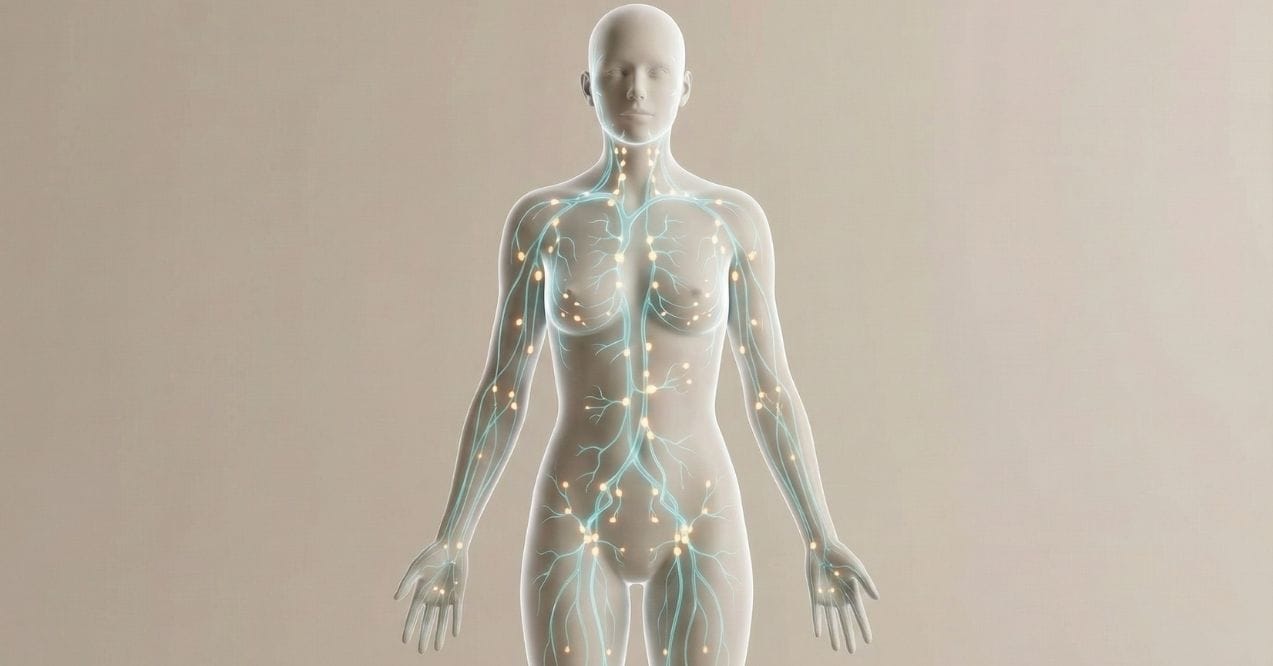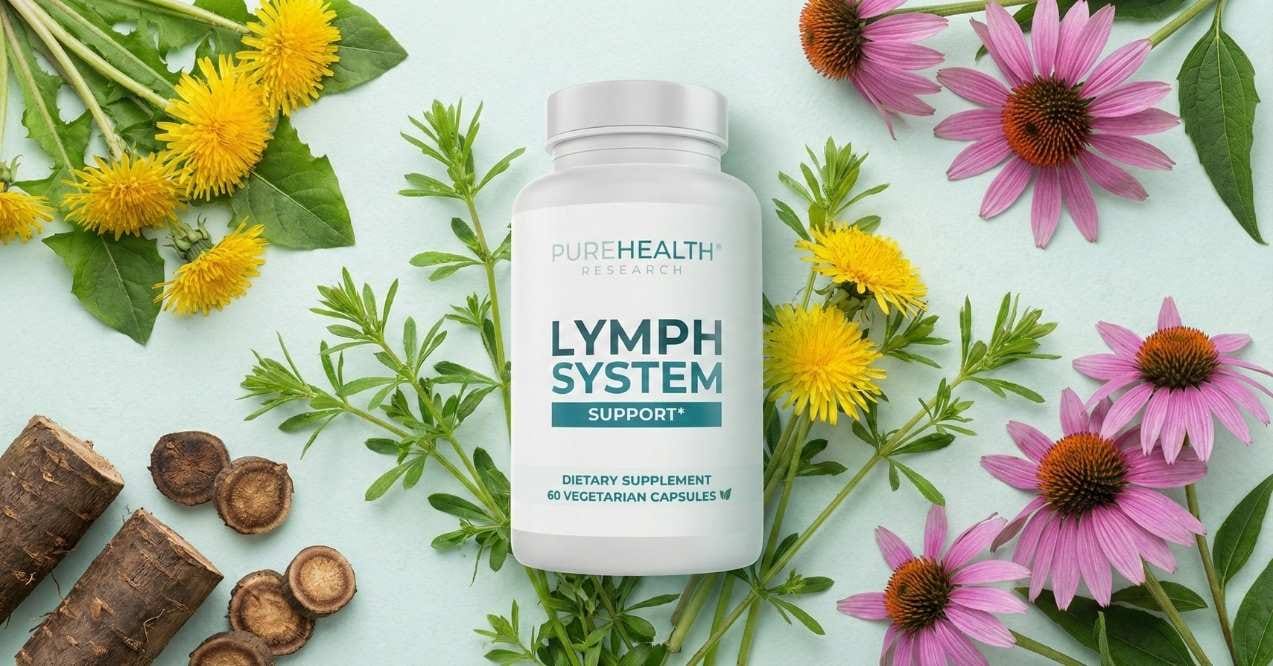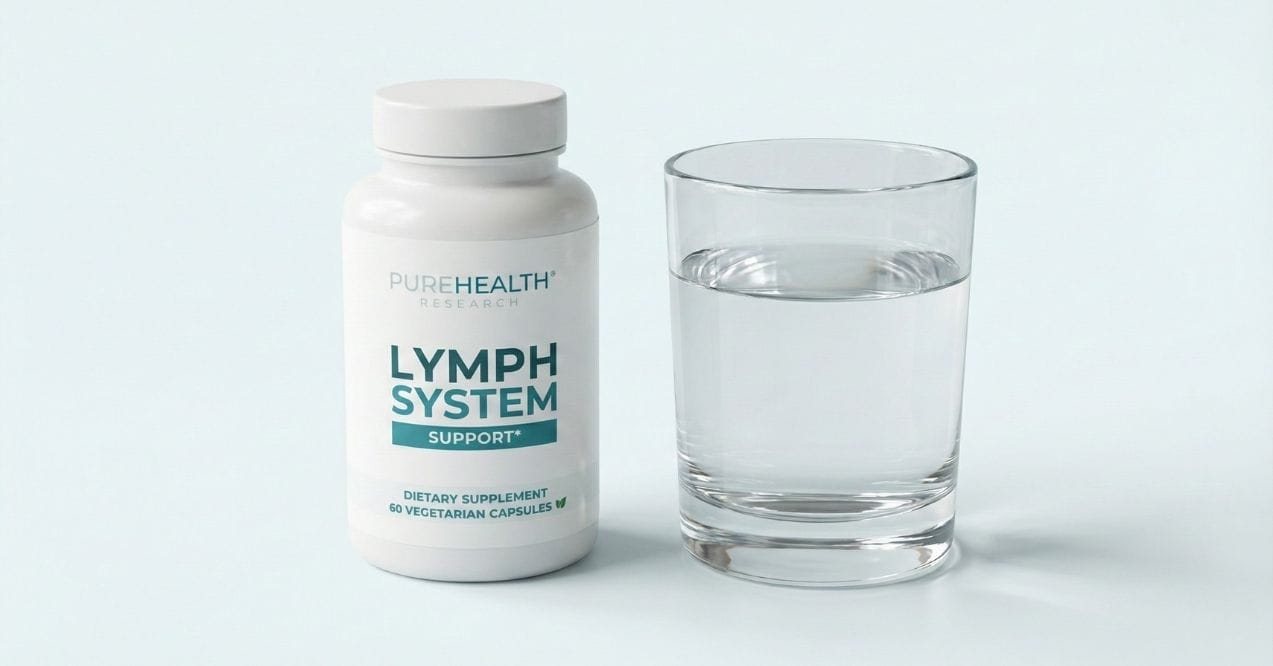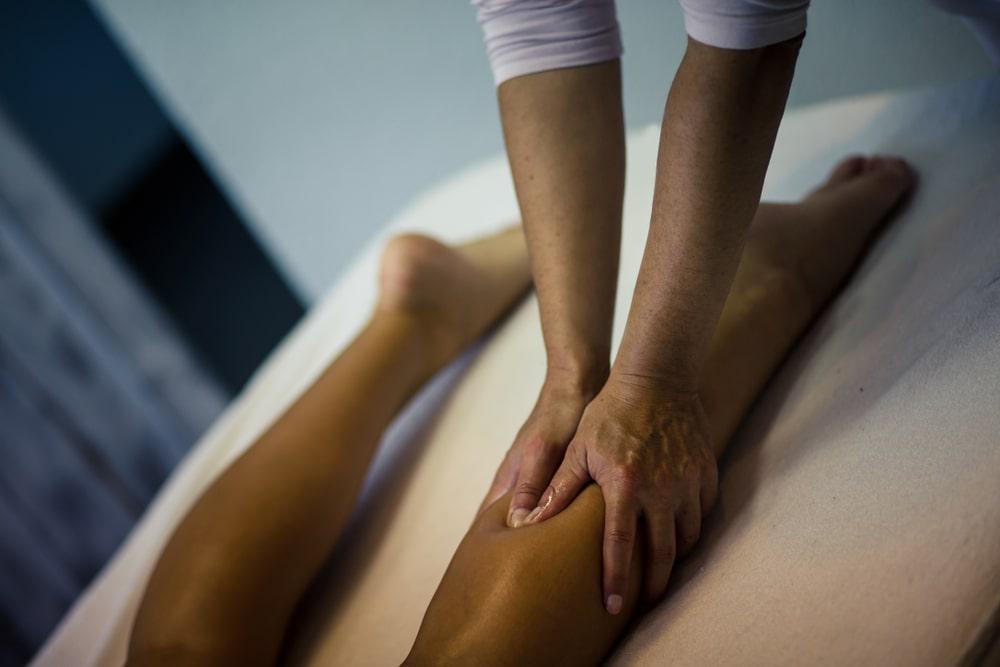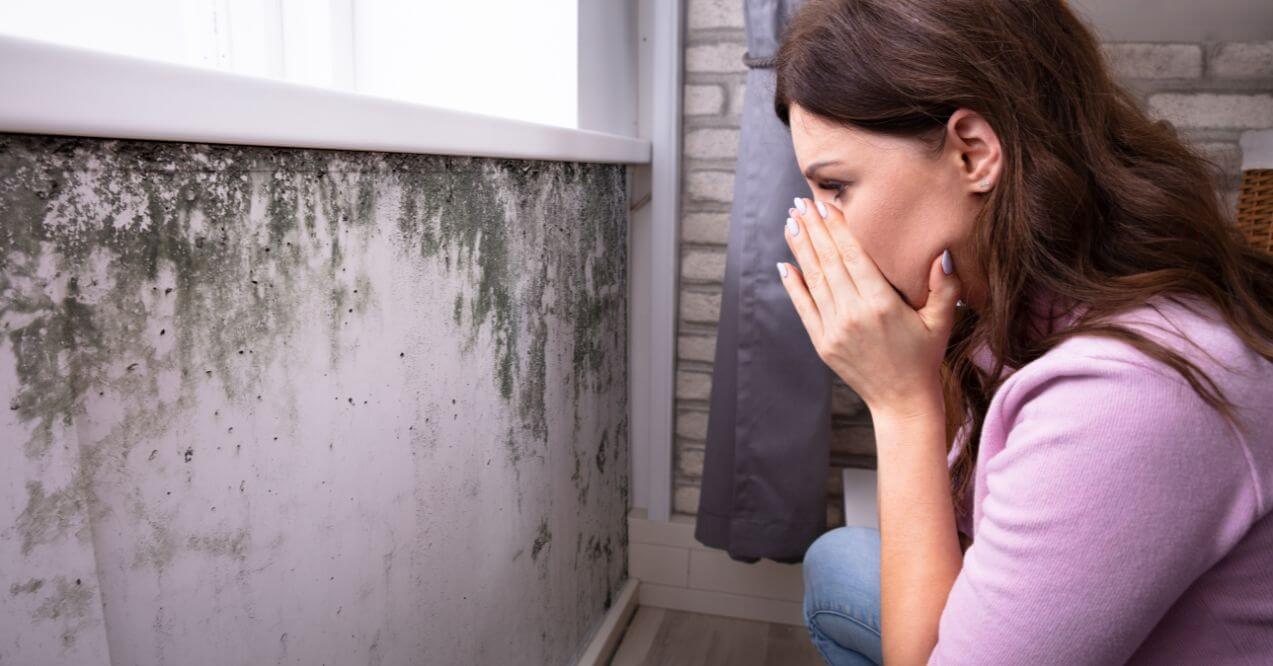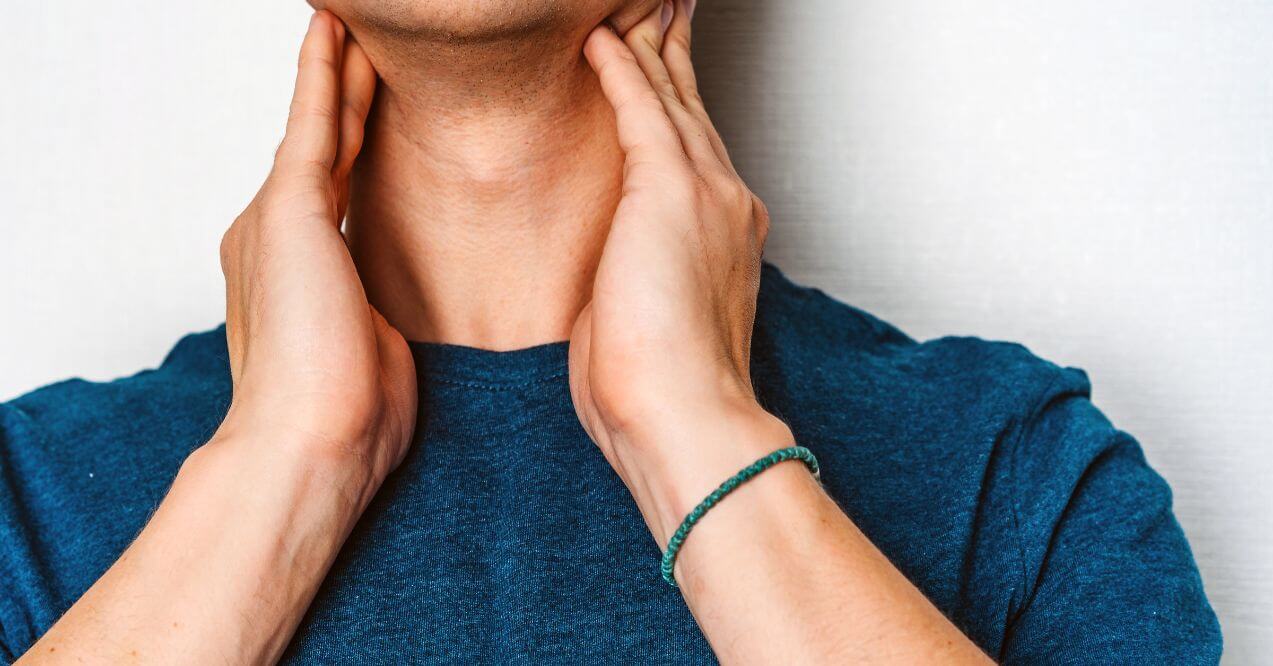Can Allergies Cause Swollen Lymph Nodes?
Uncover the surprising link: can allergies cause swollen lymph nodes? Explore symptoms, treatments, and natural remedies.
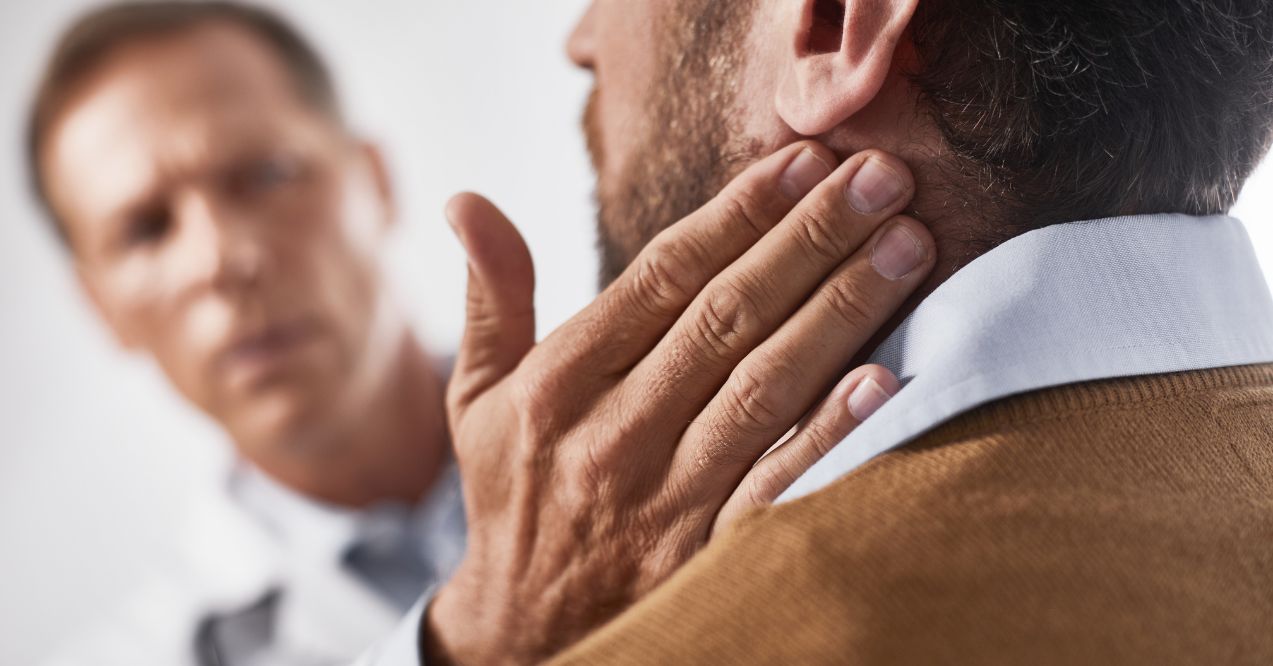

Have you ever noticed mysterious lumps under your skin and wondered about their origin? While most of us are familiar with common allergy symptoms like sneezing and watery eyes, a question frequently arises: can allergies cause swollen lymph nodes? This intriguing connection between allergies and lymph node swelling calls for exploration.
Let’s delve into the world of these crucial yet often misunderstood structures and unravel the mystery behind their relationship with allergies.
Why Do Lymph Nodes Swell?
Lymph nodes function as biological fortresses, constantly vigilant against potential threats. When these nodes detect an incoming attack, they activate, often resulting in swelling as they work diligently to protect your body.
This enlargement can be triggered by various factors, including the body’s immune response to foreign invaders, infections, or other conditions that stimulate your lymphatic system to heighten its defenses.
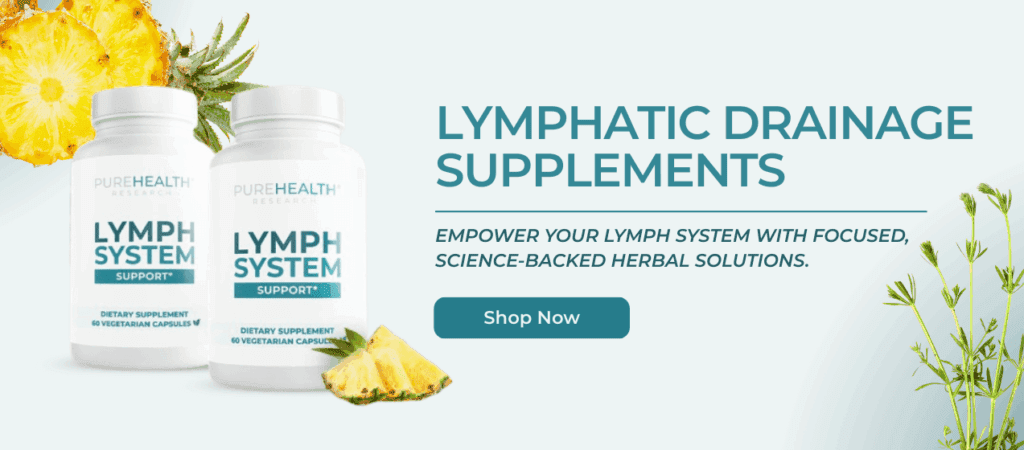
Can Allergies Cause Swollen Lymph Nodes? Let’s Find Out
The relationship between allergies and swollen lymph nodes is more complex than it might initially appear. Allergies themselves rarely cause lymph nodes to swell directly. However, they can initiate a chain of events that may lead to this outcome.
Allergies can compromise your immune system, increasing susceptibility to infections. It’s often these secondary infections that cause lymph nodes to swell, sometimes presenting as a lump on the jawline or neck area.
While your seasonal allergies might not be the direct cause, they could be the initial trigger in a series of events leading to swollen nodes. This raises an important question: can an allergic reaction cause lymph nodes to swell?
While uncommon, in some instances, a severe allergic reaction might indeed trigger lymph node swelling as part of the body’s overall immune response.
Maintaining a healthy lymphatic system can assist your body in managing swollen lymph nodes allergies symptoms more effectively. For more information on this topic, consider reviewing this guide on How to Clean Your Lymphatic System.
Common Allergy Symptoms And Their Effect On Lymph Nodes
Let’s examine some common allergy symptoms and their potential indirect impact on lymph nodes. It’s important to note that it’s not the symptoms themselves causing the swelling, but rather the body’s response to these symptoms that can potentially affect the lymphatic system.
It’s worth noting that what may appear to be swollen lymph nodes due to allergies might sometimes have other causes. For instance, dental issues can occasionally mimic allergy symptoms. Some individuals wonder, can gingivitis cause swollen lymph nodes? Indeed, gum infections can lead to swollen lymph nodes in the neck area, underscoring the importance of maintaining good oral hygiene.
1. Itchy Nose
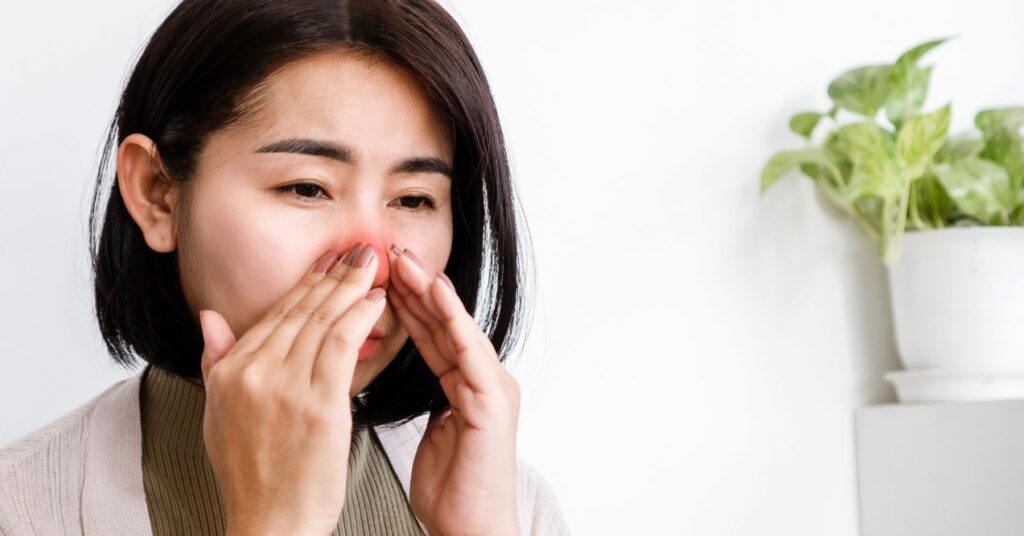
An itchy nose is a hallmark of allergies. While an itchy nose itself doesn’t directly cause lymph nodes to swell, persistent rubbing and irritation can introduce bacteria, potentially leading to an infection. This infection, in turn, might cause nearby lymph nodes to enlarge as they work to combat the unwelcome invaders.
2. Watery Eyes
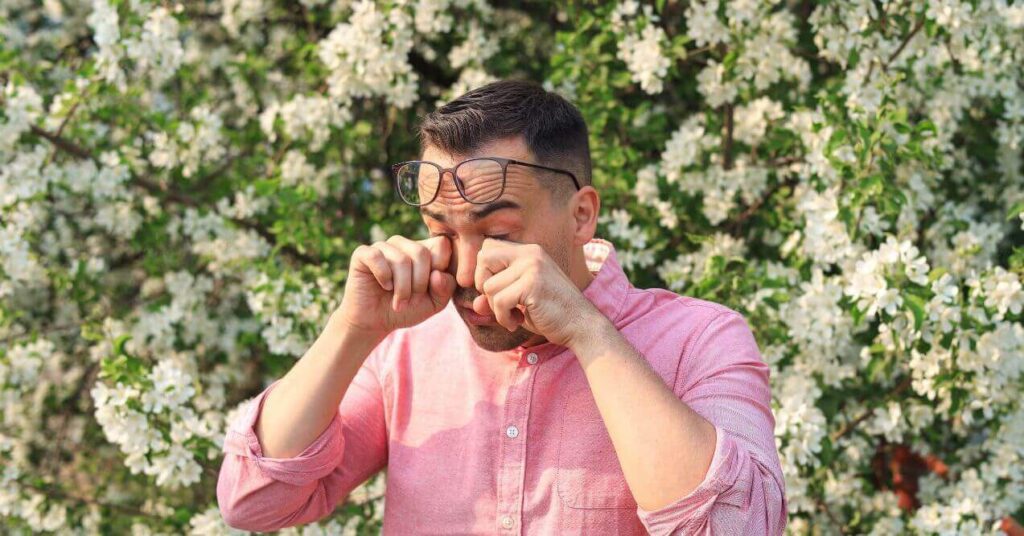
During allergy season, tear ducts often work overtime to flush out allergens. While watery eyes alone don’t typically cause lymph node swelling, the constant moisture can create an environment conducive to bacterial growth. If an eye infection develops as a result, swollen lymph nodes near the ears or neck may become noticeable.
3. Rashes
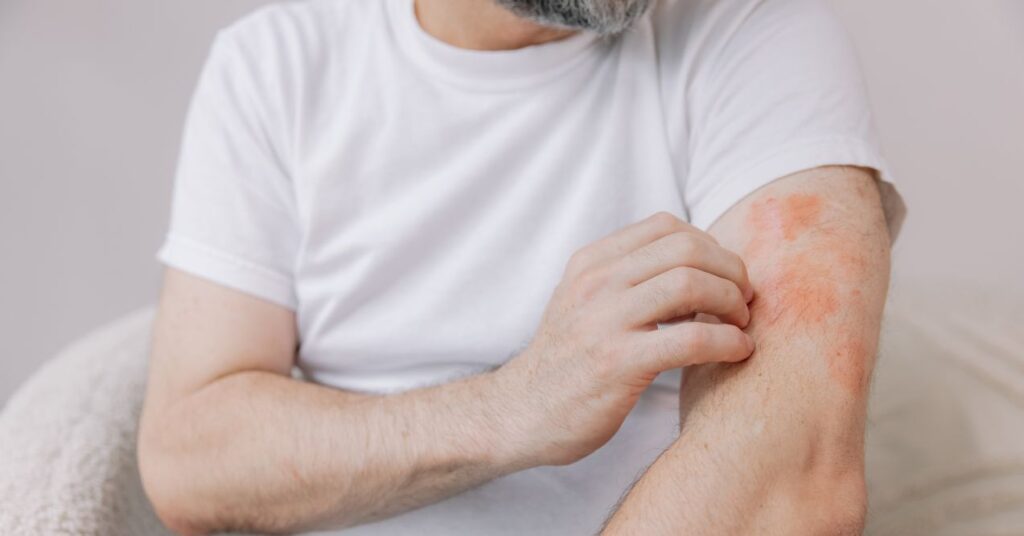
When allergies manifest on the skin as rashes or hives, it’s the body’s way of signaling an immune response. These skin reactions don’t directly cause lymph nodes to swell. However, scratching affected areas can introduce bacteria through minor skin breaks, potentially leading to an infection that might cause nearby lymph nodes to enlarge.
4. Sneezing
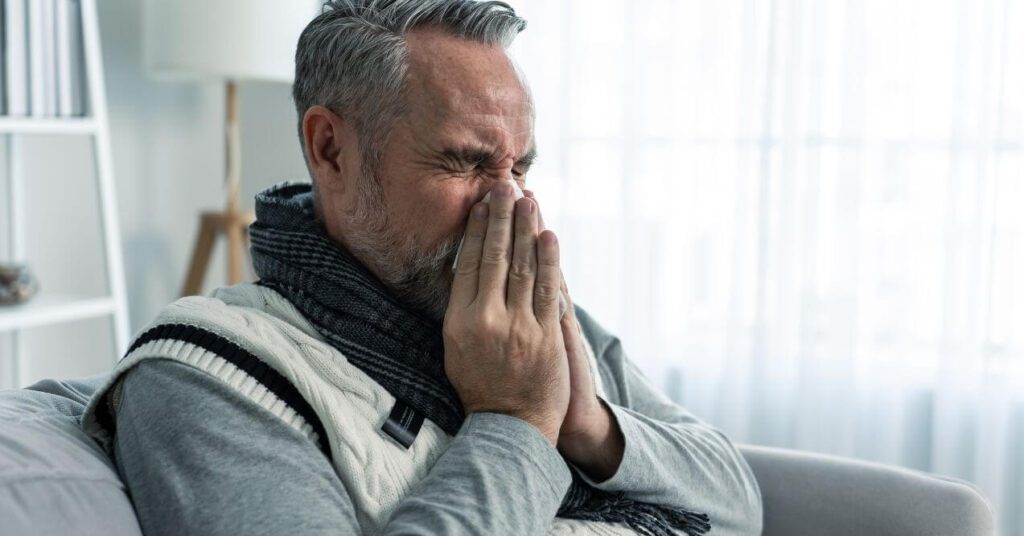
Sneezing is the body’s mechanism for expelling allergens. While sneezing itself doesn’t cause lymph nodes to swell, frequent sneezing can irritate nasal passages and the throat. This irritation might increase susceptibility to infections, which could then lead to swollen lymph nodes in the neck or under the jaw.
How to Fight Swollen Lymph Nodes?
Enlarged lymph nodes allergies sometimes benefit from proactive measures. Let’s explore strategies to support your lymphatic system and potentially reduce node swelling.
When dealing with enlarged lymph nodes potentially related to allergies, it’s crucial to address both the allergy symptoms and the lymph node swelling. Many individuals seek information on how to treat swollen lymph nodes from allergies. While managing allergy symptoms is key, it’s equally important to support overall lymphatic health through the methods outlined below.
1. Medical Treatments
For persistent swollen lymph nodes, consulting a healthcare professional is advisable. They may suggest various approaches to address the underlying cause and manage the swelling, potentially including recommendations for over-the-counter products or other interventions based on your specific situation.
2. Home Remedies and Lifestyle Changes
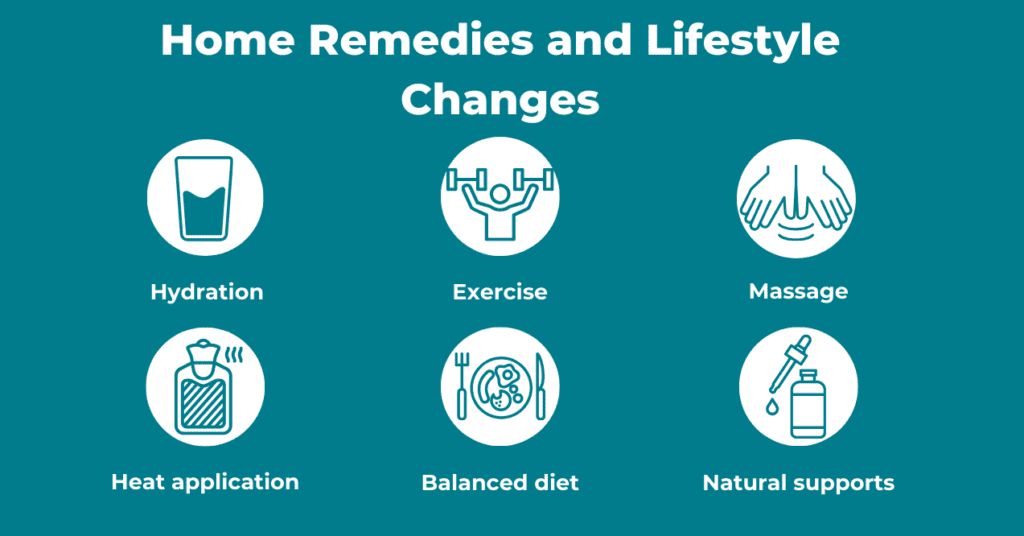
Several at-home strategies can support your lymphatic system:
- Hydration – Adequate water intake is crucial for lymphatic system function. Aim for at least 8 glasses daily.
- Exercise – Regular physical activity helps stimulate lymph flow. Even gentle exercises like walking or yoga can be beneficial.
- Massage – Gentle self-massage or professional lymphatic drainage massage can help encourage lymph movement.
- Heat application – Warm compresses applied to swollen areas can help increase circulation and reduce discomfort.
- Balanced diet – Nutrient-rich foods support overall immune function, which in turn aids your lymphatic system.
- Natural supports – Some individuals find relief using essential oils or herbs. For more information, consider these guides on essential oils for lymphatic drainage and herbs for the lymphatic system.
Environmental factors can also influence lymph node health. For instance, some individuals inquire, can mold cause swollen lymph nodes? While mold itself doesn’t directly cause lymph node swelling, exposure to mold can trigger allergic reactions or respiratory issues, which in turn might lead to infections that cause lymph nodes to swell.
3. Explore Preventative Supplements
Supporting your lymphatic health is crucial, especially when managing symptoms related to swollen lymph nodes, often triggered by allergies. The right supplements can play a key role in optimizing lymphatic function, helping to maintain healthy drainage and reduce inflammation.
Maintaining optimal lymphatic health can reduce swelling, improve immune response, and assist in detoxification, particularly when dealing with issues such as lymph node swelling from allergies.
For a well-rounded approach to lymphatic wellness, consider lymph system support supplements designed to enhance your body’s natural cleansing process and support overall vitality.

Key Takeaways
As we’ve explored, your lymph nodes play a crucial role in your immune system, and while allergies themselves may not directly cause swelling, they can set the stage for other issues that do. If you’re experiencing persistent allergy symptoms or notice swollen lymph nodes, it’s important to consult with your healthcare provider. They can offer personalized advice and treatment options.
In the meantime, remember that simple lifestyle choices can make a big difference. Staying hydrated, getting regular, gentle exercise, and maintaining a balanced diet are all excellent ways to support your lymphatic health. Some people find additional relief through natural remedies like essential oils or herbs, but always check with your doctor before trying something new.
By taking care of your lymphatic system, you’re investing in your overall health and well-being.
Stay hydrated, apply warm compresses, and engage in gentle exercise. Consider over-the-counter antihistamines for allergy relief. If swelling persists, consult a healthcare professional for personalized advice and potential treatment options.
While uncommon, severe allergic reactions can potentially cause lymph nodes to swell as part of the body’s overall immune response. However, it’s more typical for allergies to indirectly lead to swollen lymph nodes by weakening the immune system, making you more susceptible to infections that cause swelling.
Mold doesn’t directly cause swollen lymph nodes, but it can indirectly contribute to the issue. Exposure to mold can trigger allergic reactions or respiratory problems, potentially leading to infections. These secondary infections may then cause lymph nodes to swell as part of the body’s immune response to the infection.
Sign up for our Healthy Living newsletter!
Advertisement. This site offers health, wellness, fitness and nutritional information and is designed for educational purposes only. You should not rely on this information as a substitute for, nor does it replace, professional medical advice, diagnosis, or treatment. If you have any concerns or questions about your health, you should always consult with a physician or other health-care professional. Do not disregard, avoid or delay obtaining medical or health related advice from your health-care professional because of something you may have read on this site. The use of any information provided on this site is solely at your own risk.



